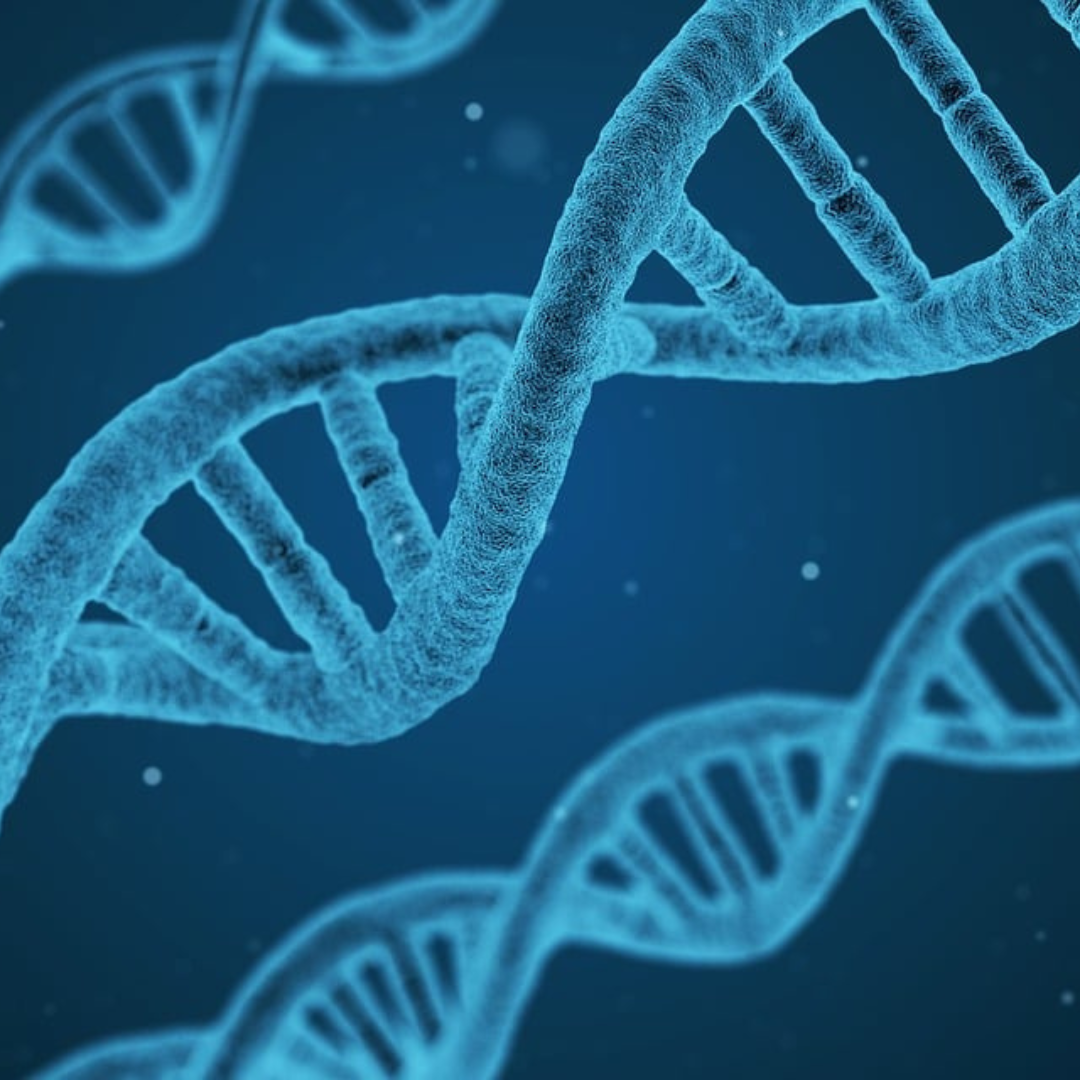Are Your Drinking Habits a Sign of Alcohol Abuse vs Alcoholism?

Following nicotine, alcohol is the second most common form of substance abuse in the United States. Alcohol abuse is a severe problem that can lead a person down a self-destructive path, causing injury to themself or others.
Alcohol abuse interferes with your life and puts you at a higher risk for alcohol poisoning. Without proper treatment, alcohol abuse can lead to alcoholism and places your health and relationships at risk. Let’s take a closer look at alcohol abuse vs alcoholism to understand the differences and signs better to look out for.
Janet’s Story
Janet comes from a small town in Hernando County, Florida. She was born to an alcoholic father and teen mom. Janet was genetically predisposed to alcoholism due to an extensive family history of alcoholism on her maternal and paternal sides.
When Janet was just 11 years old, she began experimenting with alcohol and drugs. By the time she reached her adult years, alcohol was her closest friend. Although she never suspected that she had a problem, her health was slowly beginning to decline.
During a routine doctor visit, Janet’s doctor asked her a series of questions about her drinking habits and mentioned that her alcohol use was a cause for concern. Janet semi-laughed at the doctor and even got offended. The doctor referred her to a substance abuse program in which she was later diagnosed with an alcohol use disorder and other co-occurring disorders.
Janet agreed to get help. As she became more educated on alcohol abuse and the stereotypes of an alcoholic, she realized that her relationship with alcohol was causing her to walk down a path she knew she was not destined for. With this realization, Janet committed herself to give up alcohol to lead a sober and healthy life.
Symptoms of Alcohol Use Disorder
Alcohol abuse vs alcoholism is often used interchangeably, although the terms are not recognized in the Diagnostic and Statistical Manual of Mental Disorders, Fifth Edition (DSM-5); to diagnose an individual, they are integrated into a single term alcohol use disorder.
The severity of the alcohol use disorder is determined by the number of symptoms a person is experiencing. For substance abuse professionals to assess an individual’s symptoms and severity of alcohol use, the following criteria are used:
- mild AUD (2–3 symptoms)
- moderate AUD (4–5 symptoms)
- severe AUD (6 or more signs)
For men, heavy drinking is often described as consuming 15 drinks or more per week. For women, heavy drinking is usually defined as consuming 8 drinks or more per week. A few more characteristics of alcohol disorder include:
- drinking more or longer than planned.
- being unsuccessful when trying to stop drinking,
- you’ve spent a lot of time drinking, being sick, or getting over other aftereffects of drinking.
- extreme urges
- drinking or being sick from drinking has often interfered with taking care of your home or family; it has caused employment, school, or legal school problems.
While having more symptoms shows a higher probability of a severe Alcohol Use Disorder, displaying any of these symptoms should be a cause for concern. The above list is not a substitute for professional diagnosis or help.
Alcoholism
Alcoholism is the most severe form of alcohol abuse, and it causes a person to become physically dependent on alcohol to function. When a person is dependent on alcohol and attempts to discontinue use, they cannot, and they can suffer from extreme withdrawal symptoms that can cause serious health concerns.
There are a lot of reasons why people drink alcohol. It usually begins with peer pressure, societal trends, a coping mechanism to deal with underlying issues such as depression, anxiety, the death of a loved one, or trauma. Others abuse alcohol due to loneliness, unhappiness, or to relax. Often, alcohol use is related to genetics and a family history of alcohol abuse.
Alcohol Abuse and Alcoholism: How to Avoid it
While genetics can play a significant role in determining how alcohol use will affect you, they also put you at greater risk for developing an alcohol use disorder. Here are a few steps that can help reduce the risk of developing an alcohol use disorder:
- educate yourself on alcohol abuse, alcoholism, any misconceptions you may have
- find healthy coping mechanisms other than alcohol
- seek treatment
- find a supportive sober group of peers
- discuss any concerns that you may have with a professional or your primary care doctor.
- if you grew up in a home with alcoholic parents, you could seek support by attending groups such as Adult Children of Alcoholics/ Dysfunctional Families or Al-Anon.
If you or a loved one struggles with alcohol abuse vs alcoholism, you are not alone; millions of Americans suffer. Here at Serenity Springs Recovery Center, we understand that addiction is a disease that can put you on a path of destruction. Our team of certified medical staff and addiction treatment professionals is here to help our clients and their loved ones every step of the way. For more information, contact us today or visit our website to learn more about our programs and services. Our recovery advocates and admissions coordinators can walk you through the pre-screening and admission process and answer any questions that you may have about our different treatment options.




